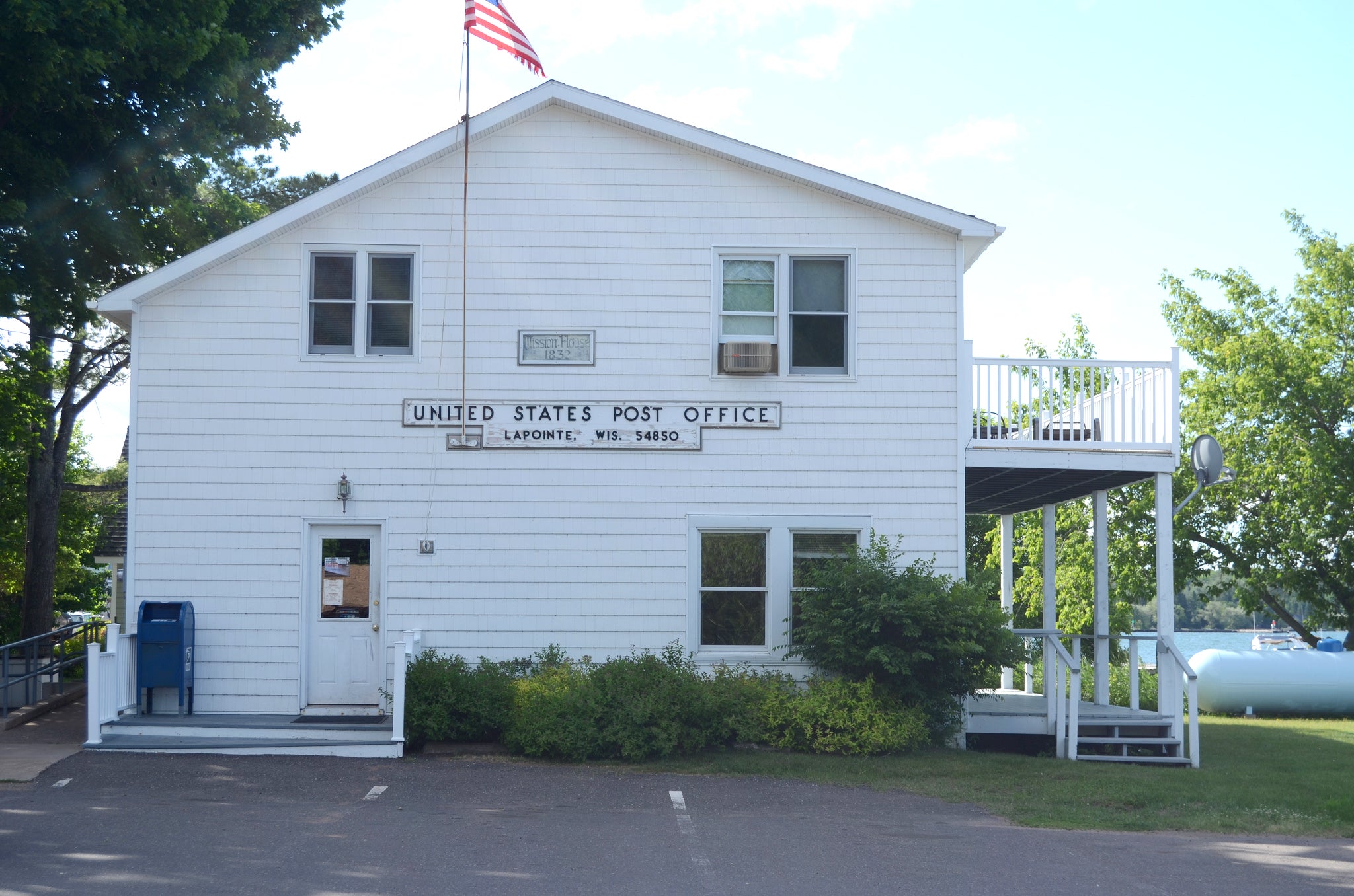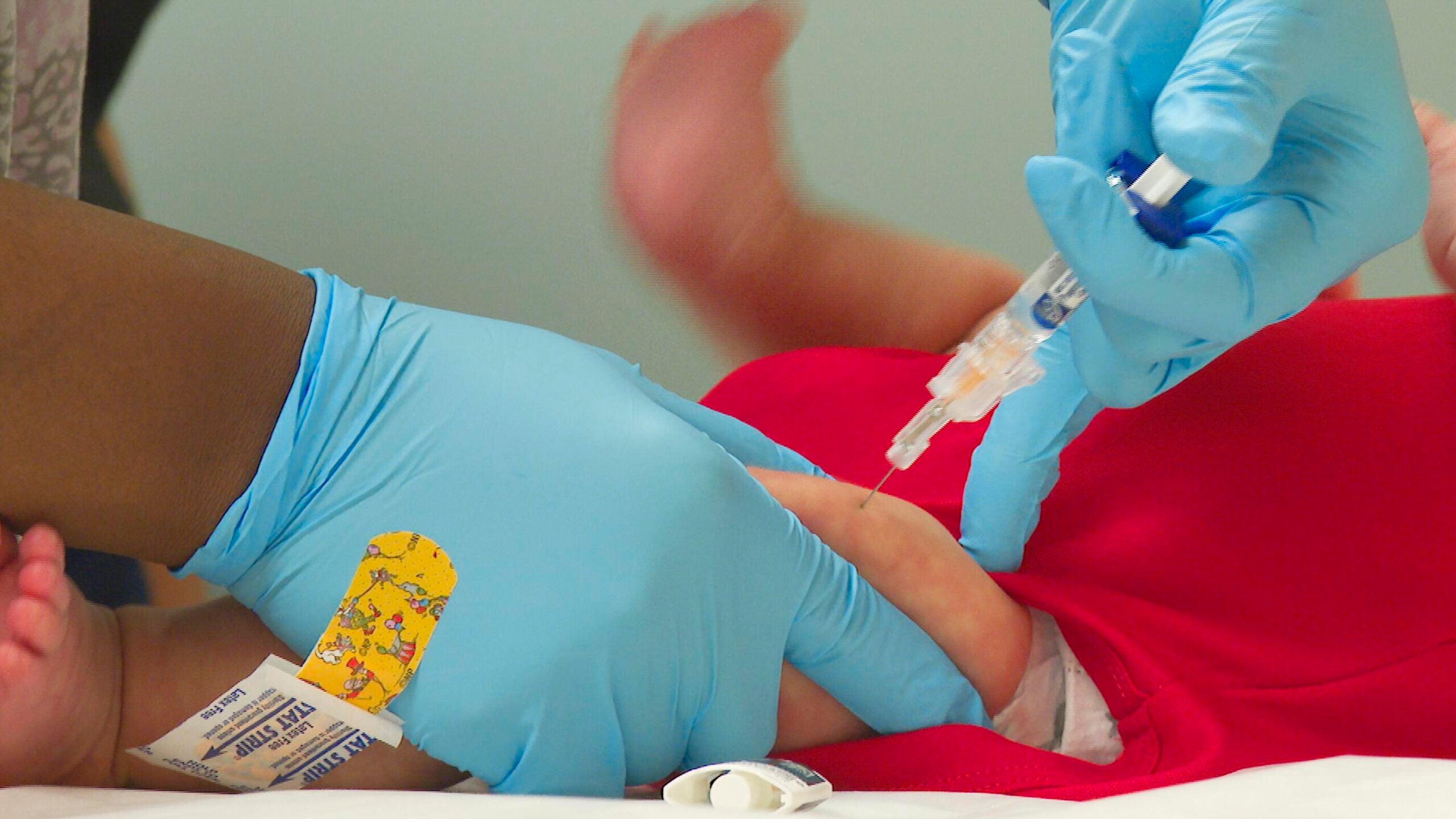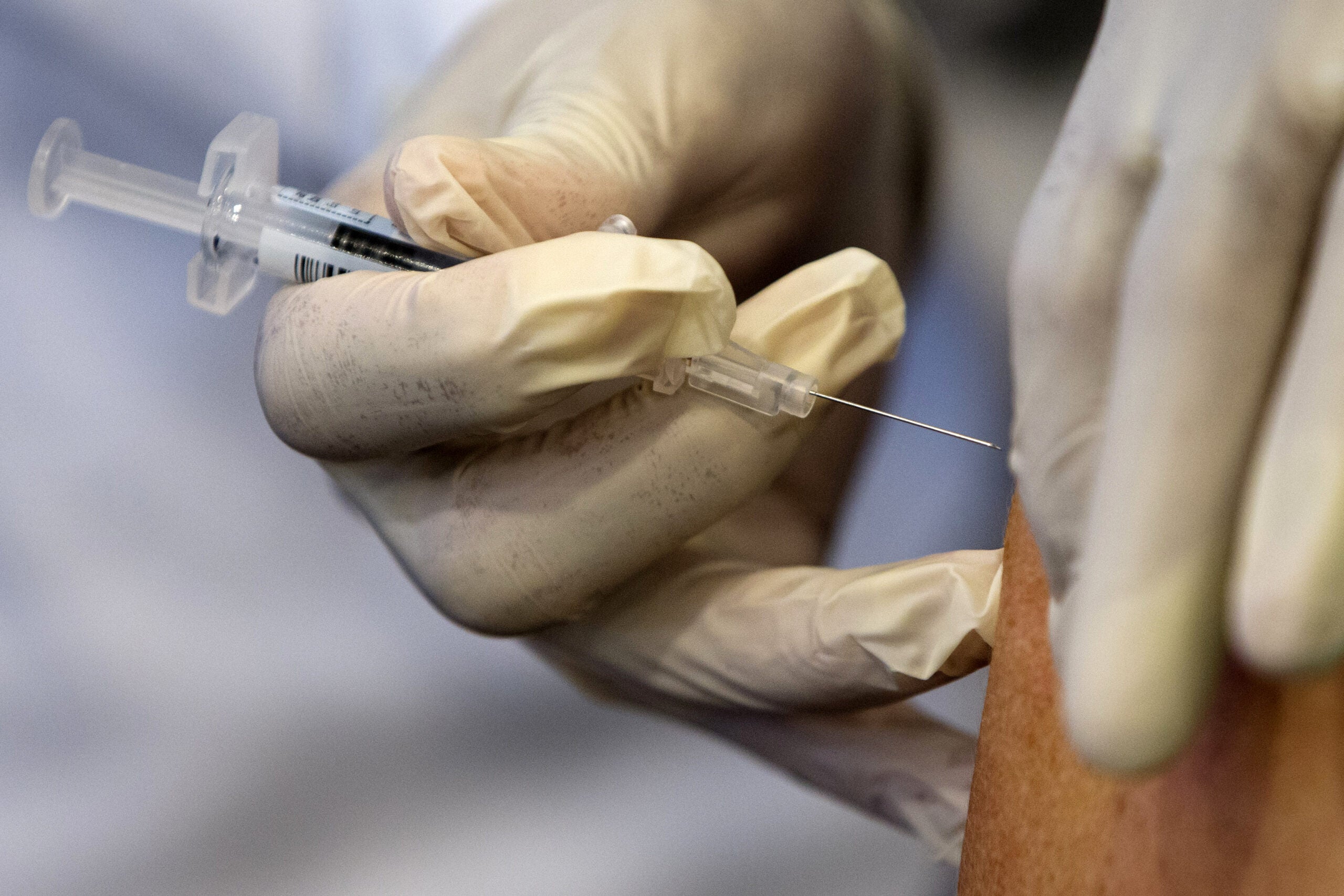Health officials on Madeline Island estimate around 80 percent of their residents are vaccinated against COVID-19.
Across the state, as of Monday, 2,009,464 people in Wisconsin, or 34.5 percent of the population, have been fully vaccinated.
But epidemiologists warn a community’s high vaccination rate or hitting the threshold for herd immunity — when the coronavirus can no longer spread easily through the population and transmission fades — doesn’t mean a community is safe from new outbreaks of the virus.
News with a little more humanity
WPR’s “Wisconsin Today” newsletter keeps you connected to the state you love without feeling overwhelmed. No paywall. No agenda. No corporate filter.
Dr. Margie Frederickson is a family physician who oversees the La Pointe Community Clinic on Madeline Island. Her clinic has vaccinated 201 of the community’s roughly 300 residents since they first started receiving the vaccine in mid-January. Frederickson said many residents have gone off the island to receive the vaccine from Ashland County clinics or local drugstores.
“The first two shipments, the state brought them right to the island (by ferry),” Frederickson said. “But then when the ferry quit running, we would go over to Bayfield and pick up the vaccine.”
Even with more people remaining on the island this winter than normal, she estimates around 80 percent of the current population is vaccinated.
“People are just more relaxed getting together in small groups without masks when we know everybody in the group has been vaccinated. So the tension is just reduced,” Frederickson said.
Madeline Island has avoided outbreaks of the coronavirus, Frederickson said, and she only knew of one confirmed case among residents during the entire pandemic.
She said much of the community has been diligent about wearing masks, quarantining and handwashing, especially given the number of tourists that visit the island every year.
“The tourists will be coming back this summer, but at least now we’ll feel like we’re protected, and we won’t be spreading it to tourists either,” Frederickson said.
Having 80 percent of residents in a community vaccinated is an accomplishment and means virus transmission is less likely to occur there, said Ajay Sethi, an epidemiologist and director of the Master of Public Health Program at the University of Wisconsin-Madison. But it does not mean Madeline Island has eliminated the threat of COVID-19.
“The herd immunity is more likely to operate if that 80 percent of individuals vaccinated are representative of the 20 percent who aren’t,” Sethi said. “Because the 20 percent are clearly different from those who chose vaccination, because they are more likely to be children, as soon as you have a gathering that involves unvaccinated individuals,… then you’re going to get these opportunities for outbreaks.”
Children under the age of 16 are not yet eligible for any of the three vaccines authorized in the United States.
Sethi said the idea of herd immunity has unfortunately been misunderstood by the public as the end of the pandemic. He said many people have clung to the idea because controlling the virus through mitigation strategies like wearing masks doesn’t have the same hopeful catchphrase.
“Herd immunity is sort of a destination, which we may not reach,” Sethi said. “But along the path to herd immunity, there are a lot of milestones that will make us feel normal.”
He said those milestones include protecting the health care system by vaccinating those most vulnerable to severe cases of COVID-19 and reducing virus transmission by increasing vaccinations for everyone else.
Sethi points to countries like New Zealand and Australia as examples, where virus transmission has largely been squashed through lockdowns and other public health measures.
“They do not have herd immunity at all. And now they can begin vaccinating their citizens in a setting where people feel safe,” Sethi said. “The urgency is there, of course, but not as much as countries like India where we really wish more people were vaccinated.”
He said once the COVID-19 case rate is reduced to much lower levels in Wisconsin and across the country, people can start to feel safer, whether or not herd immunity is achieved.
Editor’s note: WPR’s Danielle Kaeding contributed to this story.
Wisconsin Public Radio, © Copyright 2026, Board of Regents of the University of Wisconsin System and Wisconsin Educational Communications Board.






